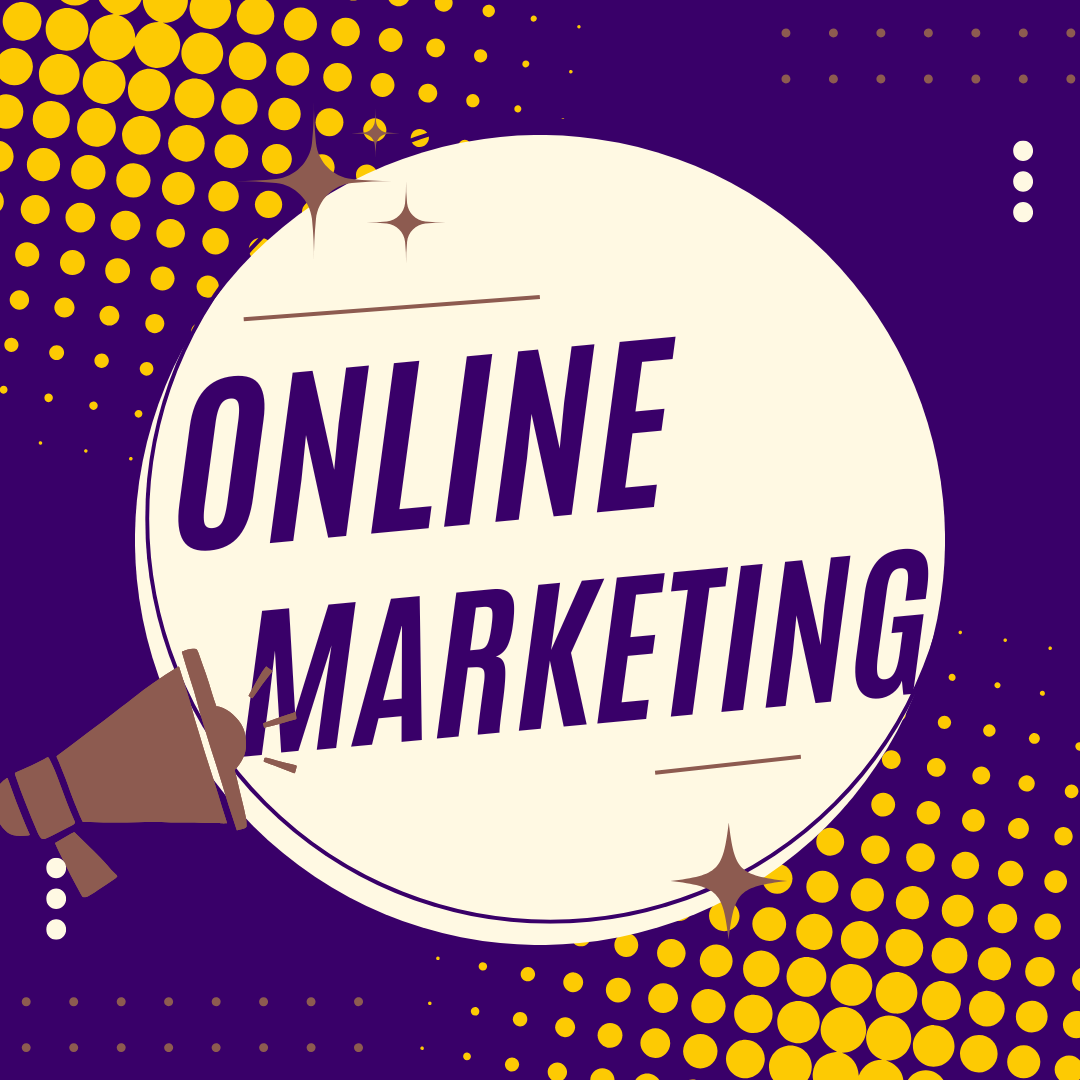Online marketing is no longer optional—it’s the backbone of any successful business in 2024! Whether you’re an entrepreneur, small business owner, or marketer looking to up your game, understanding the ins and outs of digital marketing can transform your brand’s visibility and growth. Did you know that businesses leveraging online marketing are 60% more likely to reach their target audience compared to those relying on traditional methods? In this guide, we’ll break down actionable steps and proven strategies to help you master online marketing, no matter your level of expertise. Let’s dive in!
What Is Online Marketing?
Online marketing, also known as digital marketing, refers to promoting products or services using internet-based platforms and strategies. Unlike traditional marketing methods such as billboards or TV ads, online marketing leverages digital channels to reach highly targeted audiences.
Why is this important? For starters, digital marketing is cost-effective and measurable. A small business can spend as little as $100 on a social media ad and reach thousands of potential customers, something unimaginable with traditional marketing.
Here are the key benefits of online marketing:
- Global Reach: With the internet, you can showcase your business to a global audience, no matter your location.
- Targeting Options: Platforms like Facebook and Google allow you to target specific demographics, behaviors, and interests.
- Real-Time Tracking: You can see how campaigns are performing in real time, enabling quick adjustments for better results.
Understanding Your Target Audience
The foundation of any successful online marketing strategy is a deep understanding of your target audience. Who are your customers? What are their needs, preferences, and pain points?
To answer these questions, start by building buyer personas. These are detailed profiles that represent your ideal customers. Include information such as age, gender, location, interests, and even their favorite social media platforms.
Tools like Google Analytics and Facebook Audience Insights are invaluable for audience research. For example, you can use Google Analytics to see where most of your traffic comes from, what devices they use, and which pages they spend the most time on.
Once you know your audience, tailor your marketing messages to their preferences. If you’re targeting millennials, for instance, you might focus on platforms like Instagram and TikTok and use casual, visually appealing content.
Building a Solid Online Marketing Strategy
A well-thought-out strategy is crucial for online marketing success. Start by defining your goals. Are you trying to increase brand awareness, generate leads, or drive sales? Having clear objectives will guide your efforts and make it easier to measure success.
Next, choose the right platforms for your business. For example:
- LinkedIn: Ideal for B2B companies looking to connect with professionals.
- Instagram: Great for businesses with visually appealing products or services.
- Email Marketing: A universal tool for nurturing leads and encouraging repeat purchases.
Finally, track your progress with analytics tools. Google Analytics is a must-have for monitoring website traffic, while tools like SEMrush can help you track SEO performance.
Essential Online Marketing Channels
There are many digital marketing channels, but these are the most essential:
Search Engine Optimization (SEO):
SEO is all about making your website visible on search engines like Google. Focus on:
- On-Page SEO: Use keywords in your content and meta tags.
- Off-Page SEO: Build high-quality backlinks to your site.
- Technical SEO: Ensure your site loads quickly and is mobile-friendly.
Content Marketing:
Content is king! Use blogs, videos, infographics, and eBooks to educate and engage your audience. A well-written blog post optimized for SEO can drive organic traffic for years.
Social Media Marketing:
Leverage platforms like Facebook, Instagram, and TikTok to connect with your audience. Post regularly and interact with followers to build relationships.
Email Marketing:
Build an email list and send personalized campaigns to keep your audience engaged. For example, a discount email can re-engage inactive customers.
Pay-Per-Click (PPC) Advertising:
Run ads on platforms like Google or Facebook. Unlike organic methods, PPC delivers immediate results, making it perfect for short-term goals.
Measuring Success: Metrics That Matter
To ensure your efforts pay off, track key performance indicators (KPIs) like:
- Click-Through Rate (CTR): Measures how many people click on your ads or links.
- Conversion Rate: Tracks how many visitors take a desired action, like making a purchase.
- Return on Investment (ROI): Shows how much profit you make for every dollar spent.
Tools like SEMrush and Mailchimp offer detailed reports on campaign performance. If something isn’t working, don’t hesitate to adjust. Marketing is all about experimenting and learning from data.
Common Online Marketing Mistakes to Avoid
Avoiding mistakes is just as important as implementing the right strategies. Here are some pitfalls to watch out for:
- Neglecting Mobile Optimization: Over 50% of web traffic comes from mobile devices. If your site isn’t mobile-friendly, you’re losing potential customers.
- Ignoring Content Quality: Poorly written content won’t rank on Google or impress your audience. Invest time in creating high-quality, valuable content.
- Skipping Audience Engagement: Marketing is a two-way street. Reply to comments, answer questions, and build a community around your brand.
In conclusion, Online marketing may seem overwhelming, but it’s a skill anyone can master with the right approach. Start by understanding your audience, build a strategy around their needs, and use multiple channels to reach them. Remember to track your results and adjust your campaigns for continuous improvement.
The digital world is full of opportunities. Whether you’re looking to grow your business, launch a new product, or build a personal brand, online marketing is your ticket to success. Start small, stay consistent, and never stop learning. Ready to take your first step? Let’s make 2024 the year your business thrives online!





[…] Read also: What is online Marketing […]
[…] Read also: What is online Marketing […]